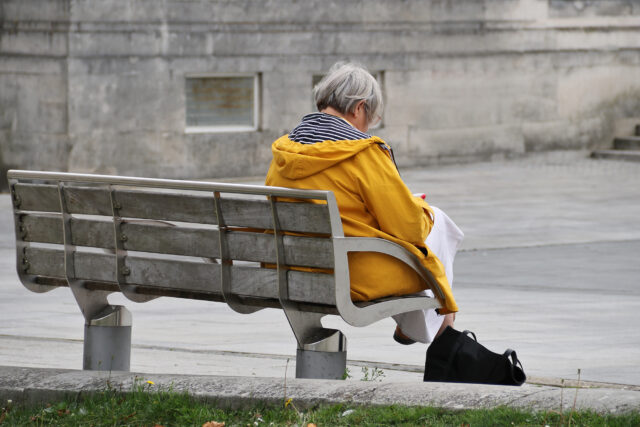
The Housing Bubble and Retirement Security
Introduction
House prices rose 60 percent between 2000 and 2007 before the housing bubble burst. The question is whether the housing boom made people better or worse prepared for retirement. If they extracted the equity from their home through some form of housing-related debt and consumed all their borrowings, they will be left with additional debt and no additional assets and probably will be worse off in retirement. If they did not borrow and consume their equity, they will have more housing wealth to tap in retirement and will be better off.
This brief explores how the rise in house prices affected individual households. The first section discusses the impact of an increase in house prices on the homeowner’s balance sheet and describes the evidence to date suggesting that the housing boom led to an increase in debt and to increased consumption. The second section uses the 2004 Survey of Consumer Finances (SCF) to explore the actual response of individual households. The third section discusses events since the 2004 SCF – the continued inflating of the housing bubble and its ultimate bursting in 2007. The final section concludes that a substantial proportion – perhaps a third – of older households will be less secure in retirement because of the housing bubble.







